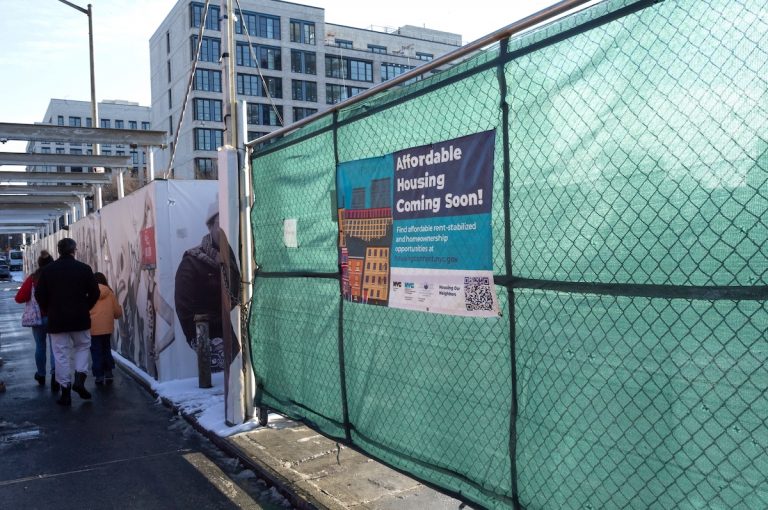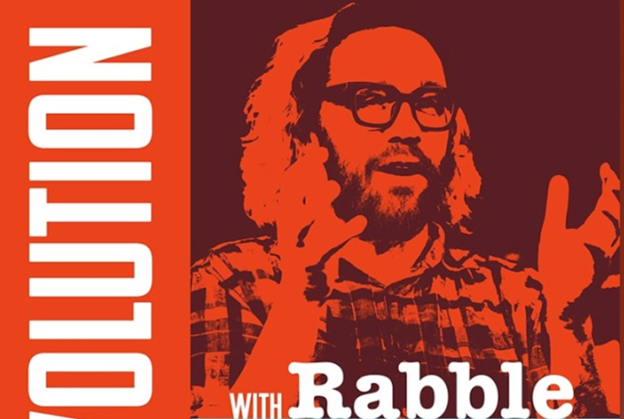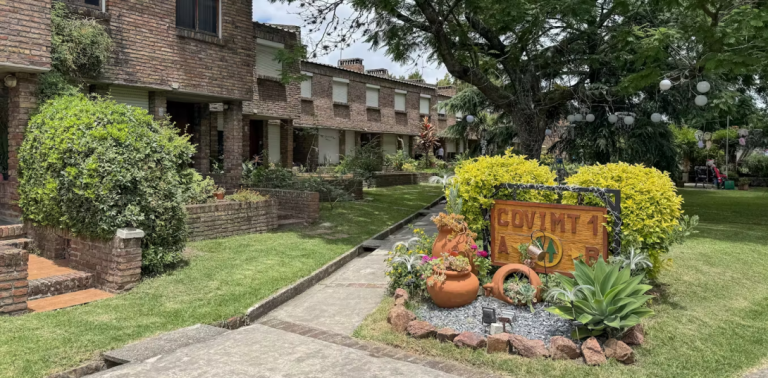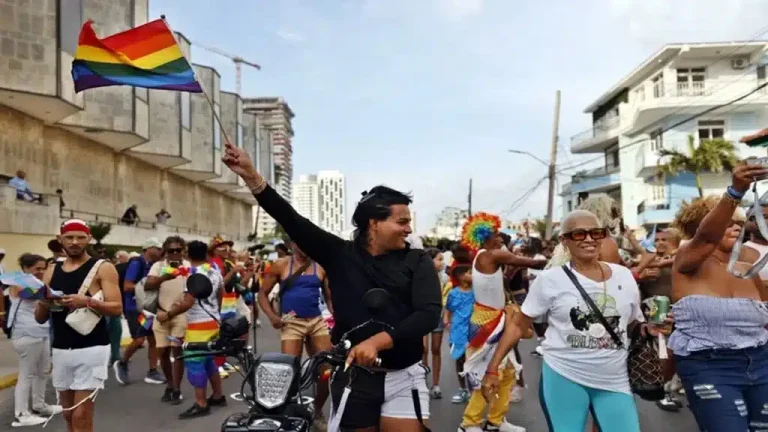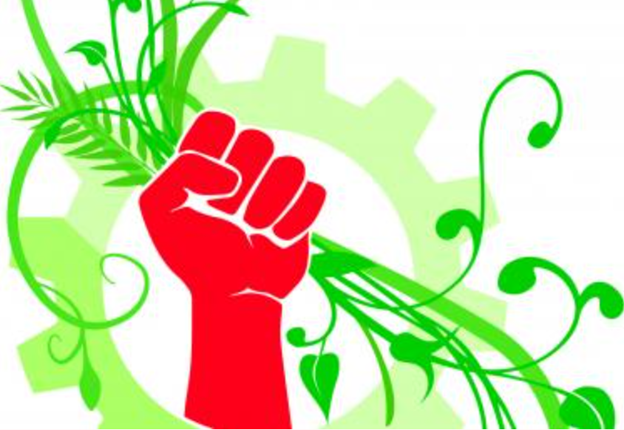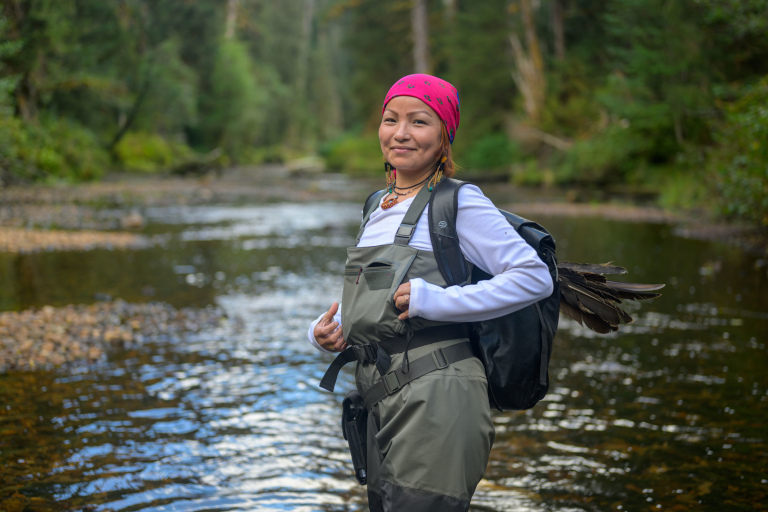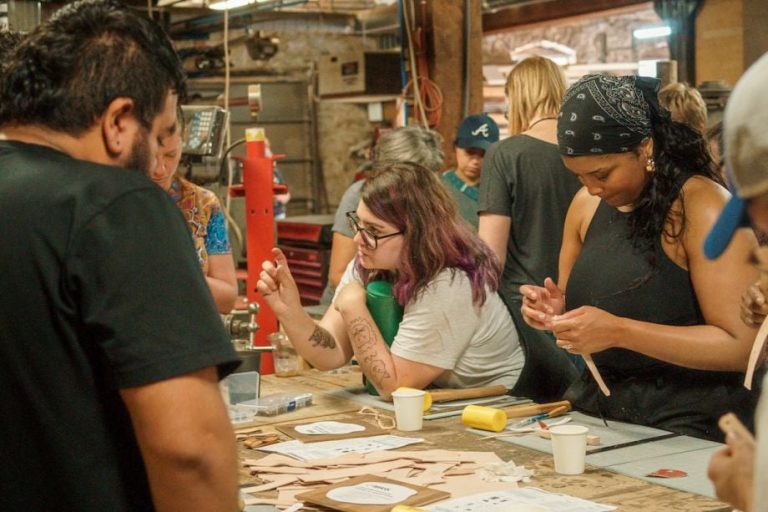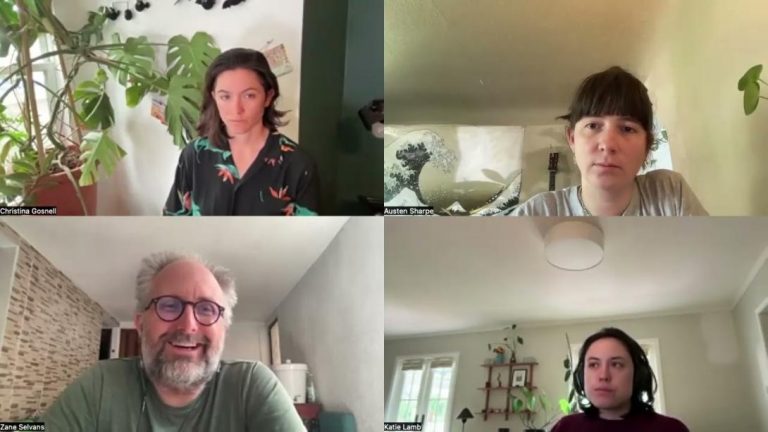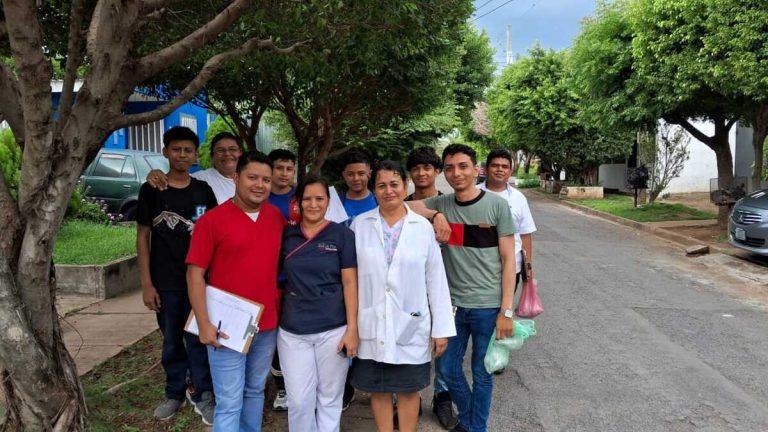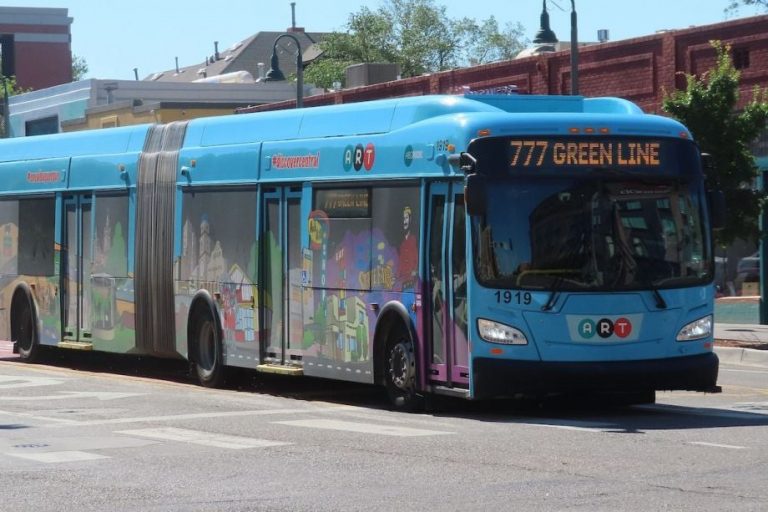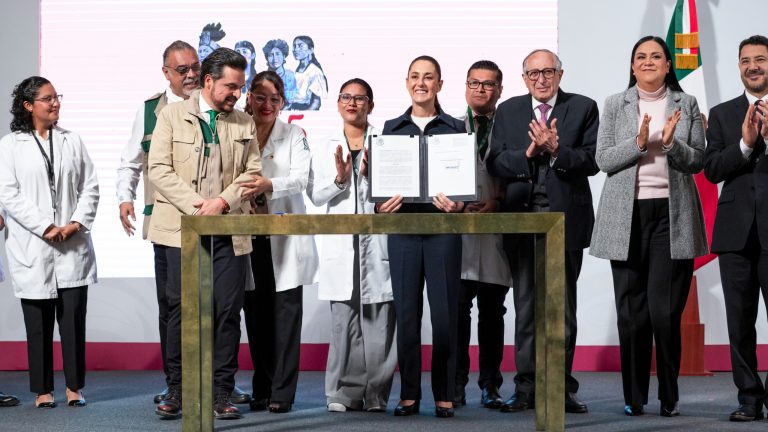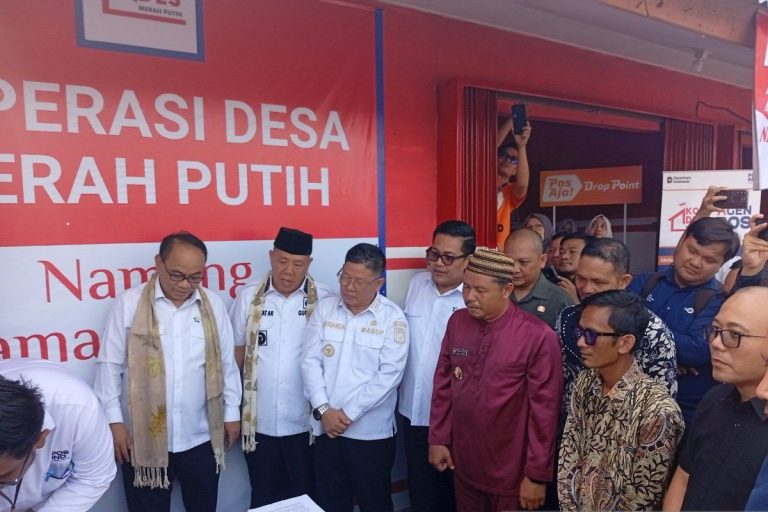Create!
![]() Along with direct action and other forms of resistance, a transformational movement must also have a constructive program that builds new institutions based on the values that the movement aspires to achieve. These may eventually replace the old systems. From small, worker-owned cooperatives to national advocacy groups, hundreds of thousands of people around the country are working to create democratic and sustainable systems that meet the basic needs of all people.
Along with direct action and other forms of resistance, a transformational movement must also have a constructive program that builds new institutions based on the values that the movement aspires to achieve. These may eventually replace the old systems. From small, worker-owned cooperatives to national advocacy groups, hundreds of thousands of people around the country are working to create democratic and sustainable systems that meet the basic needs of all people.
New York is now the first state in the U.S. to require new buildings to be built entirely electric, without hookups to fossil fuels including gas, the New York State Assembly reported.
The rule was initially passed in 2023 as the All-Electric Buildings Act and was finalized with the State Fire Prevention and Building Code Council’s approval in late July 2025.
According to the new mandate, residential buildings up to seven stories tall and commercial or industrial buildings up to 100,000 square feet with building permit applications for initial construction approved on or after Dec. 31, 2025 will be required to meet the requirements by that date.
Black-Led, Progressive Homeschool Networks Rise Amid Book Bans
Earlier this year in San Antonio, Texas, an eight-year-old delivered a fiery, impassioned speech to the office of Republican Sen. Ted Cruz.
Introducing herself as Cari, a third-grader from South Texas, she made a demand: “Stop supporting immigration bills that are hateful. It would harm my friends and people in our community.” She even offered him reading material: “In the Kelly Yang book, Front Desk — a banned book — she says… ‘No human is illegal!’ You should read this book!”
The office hung up on her. Cari called again, advocating for a ceasefire in Gaza. Again, the office hung up.
The Importance Of Network Protocols For Commoning And Open Markets
Most of us don’t give much thought to the arcane technical protocols that make the Internet and its various platforms work. Yet these invisible architectures of code profoundly affect how we can interact with others. They determine what sorts of information we can receive and even how our worldviews and identities are shaped.
Sometimes tech protocols empower us to govern ourselves as commoners and freely collaborate with each other. Think open source software, wikis, and collaborative websites. More typically, network protocols are used to create closed, proprietary corporate platforms that turn us into dependent consumers and victims of data-surveillance.
Venezuela On The Verge Of Eradicating Hunger
August 2, 2025
Mision Verdad, Orinoco Tribune.
Create!
Bolivarian Revolution, Food Security, Hunger, Venezuela
Since the imposition of illegal coercive measures (euphemistically referred to as sanctions) by the US and its allies on Venezuela in 2014, and after 11 years with a burden of 1,041 Unilateral Coercive Measures (MCU) on the nation, which places it between the fifth and sixth most sanctioned country in the world depending on the source, the country has once again reduced the hunger that appeared amid the economic, financial, and commercial blockade perpetrated against the national government as part of the war to stifle the economy, prevent the supply of essential goods, and negatively impact food security and sovereignty, with the goal of imposing the failed regime change.
What The World Can Learn From Uruguay’s Housing Co-Ops
August 1, 2025
Jennifer Duyne Barenstein and Daniela Sanjines, Grassroots Economic Organizing.
Create!
Affordable Housing, Cooperatives, Housing, Uruguay
More than 1.8 billion people lack access to adequate and affordable housing. Yet too few countries have taken meaningful steps to ensure dignified housing for their most vulnerable citizens.
We research how cooperative housing can serve as one solution to the affordable housing crisis. There are a variety of cooperative housing models. But they generally involve residents collectively owning and managing their apartment complexes, sharing responsibilities, costs and decision-making through a democratic process.
Some countries have embraced cooperatives. In Zurich, Switzerland, almost one-fifth of the city’s total housing stock is cooperative housing.
What Does Cuba’s New Legal Gender Recognition Law Entail?
On July 18, Cuba’s National Assembly of People’s Power approved a sweeping reform of the Civil Registry Law, which will allow transgender people to update their legal gender on official documents without requiring gender reassignment surgery.
The reform was unanimously approved by the Cuban Parliament and aligns with the provisions of the 2019 Constitution and the Family Code, approved by referendum in 2022.
In addition to legal gender recognition, the new law legally recognizes affective unions between unmarried couples and allows parents to choose the order of their children’s surnames, opening the door to more equitable and less normative practices in family structure.
For An Eco-Communist Alternative To Degrowth And ‘Luxury’ Communism
July 27, 2025
Esteban Mercatante and Federico Fuentes, The Bullet.
Create!
Book Review, Capitalism, Eco-Communism, Karl Marx
In his new book, Rojo fuego. Reflexiones comunistas frente a la crisis ecológica (Fiery red: Communist reflections on the ecological crisis), Argentine Marxist Esteban Mercatante takes aim at capitalism as the root cause of the “multidimensional” ecological crisis, while engaging in important dialogues with ecological currents such as degrowth and ecomodernism. Against these, Mercatante argues for an “eco-communist” strategy, focused on labour as the agent of both its own emancipation and the qualitative transformation of society’s relationship with nature, as the only means to avoid disaster.
With the book only available in Spanish, Federico Fuentes from LINKS International Journal of Socialist Renewal spoke to Mercatante.
Welcome To The Great Bear Sea
The ocean bumps beneath our boat, and a cold mist obscures the way forward. I peer over the driver’s shoulder to consult the GPS screen behind the steering wheel. The map reveals a labyrinth of islands, as well as dozens of inlets and fjords cutting up the western fringe of British Columbia’s Central Coast. Most bear colonial names: Jackson Passage, Laredo Inlet, Princess Royal Channel. But looking closer, I can make out other, older names: Nowish, Khutze, Kynoch.
When the mist lifts, the topography pops up all around me. Sheer granite peaks plunge into a Magic Eye mirage of cedar, fir, and spruce trees rooted to rocky shores.
A Makerspace Revitalizes Lives, Small Businesses And A Neighborhood
The scent of sawdust greets Gabriella Mooney as she walks through the doors of MASS Collective, heading for an office in the back. It’s a busy weeknight, and Julia Hill – a local master welder, artist and sculptor – is showing a group of five apprentices the tools for MIG welding.
At Hill’s cue, they pull down their masks, and the welding torch lights up the room with sparks. As Mooney walks farther into the shop, she hears the grind of the CNC machine from another class of 10 people and sees several young adults refining their creations with the woodshop sander.
This space has been like a second home for Mooney, who over the past decade has led the charge to create a neighborhood makerspace and apprenticeship program in downtown Atlanta.
What It’s Like To Work At A Tech Worker Co-op
July 22, 2025
Catalyst Cooperative, Grassroots Economic Organizing.
Create!
Cooperative, Tech Workers, Technology, Worker Rights
Catalyst Cooperative is an all-remote, 8-person, tech worker cooperative based in North America. The coop was founded in 2017 with the mission to make US energy system data more accessible. Catalyst's main objectives are to curate the free, open-source Public Utilities Data Liberation project (PUDL) and help clients navigate a myriad of energy or environmental data needs.
We filmed this interview to help researchers or coop-curious individuals learn more about what it's like working at a tech cooperative.
46 Years On, Nicaragua’s Youth Still Lead The Revolution
July 21, 2025
Becca Renk, Tortilla Con Sal.
Create!
Nicaragua, Sandinista Revolution, Youth Activism, Youth Leadership
One of the questions I’m asked most frequently about Nicaragua is: “Does the revolution have a future?”
Forty-six years ago, a popular revolution led by the Nicaragua’s youth overthrew the brutal Somoza dictatorship. Today, those viewing the country from the outside see that the surviving muchachos – the kids who defeated Somoza – are now in their 70s and 80s, and they worry that Nicaragua’s revolution won’t survive without them.
To anyone who visits the country, however, it is obvious that Nicaragua’s revolution, which has managed to both revere its historical heroes and also treasure its youth, is stronger than ever.
America Should Sprawl? Not If We Want Strong Towns
July 21, 2025
Charles Marohn, Resilience.
Create!
Communities, Housing, Sprawl, Sustainability, Urban Design
There’s been a lot of buzz around Conor Dougherty’s recent New York Times piece, “Why America Should Sprawl.” The article argues that the country’s housing crisis is so severe—and infill development so insufficient—that we need to embrace aggressive outward expansion of our metro regions, what many would call sprawl, to build the millions of homes America needs. It’s a compelling, well-written piece, and it’s struck a chord with a lot of readers.
But from a Strong Towns perspective, the core argument is fatally flawed. Because sprawl doesn’t solve the underlying problem. It is the underlying problem.
What Free Transit Looks Like In Albuquerque, Nearly Two Years Later
July 21, 2025
Erin Rode, Next City.
Create!
Albuquerque, Buses, Free Transit, Homelessness, New Mexico, Transit, transportation equity
Sabina Wohlmuth’s days used to include long, hot walks across the city of Albuquerque, sometimes two or three miles at a time. Wohlmuth relies on the bus, but when she was short on cash, she walked instead of paying the fare.
“It was only a dollar for a one-way trip, but still, if you’re homeless and you’re poor that’s a lot of money,” Wohlmuth says.
Wohlmuth now takes the bus every day, to her job at McDonald’s, to the store, and to the sober living facility where she stays. And each of those bus trips cost Wohlmuth zero dollars.
Mexico Raises The Flag For Health Sovereignty
July 20, 2025
Outra Saude, People's Dispatch.
Create!
Big Pharma, Claudia Sheinbaum, Health Care, Medicines, Mexico
The first week of July could go down in history as a milestone in Mexico’s pursuit of health sovereignty. At a press conference held on Friday, July 4, President Claudia Sheinbaum, along with Health Secretary David Kershenobich and Alejandro Svarch, head of IMSS-Bienestar (a public agency providing healthcare services), announced an ambitious plan to boost domestic production of medicines and medical supplies, aiming to reduce the country’s reliance on imports.
The urgent need for such a policy shift was outlined during the mañanera – the daily press briefing hosted by Sheinbaum and her administration – recordings of which are available online.
Indonesia Red And White Villages Cooperatives
Jakarta, Indonesia – Forget the pastel farmhouses of your grandma’s Pinterest board. Indonesia’s ambitious “Red and White Village Cooperatives” (KDMP) program – named after the nation’s flag – is a surprisingly complex and potentially game-changing initiative aimed at revitalizing rural economies. Officially launching next week with a nationwide rollout, the program’s initial success hinges on a handful of pilot villages, most notably Namang in Bangka Belitung, and it’s already sparking debate about whether it’s a genuine solution or just another government buzzword.

